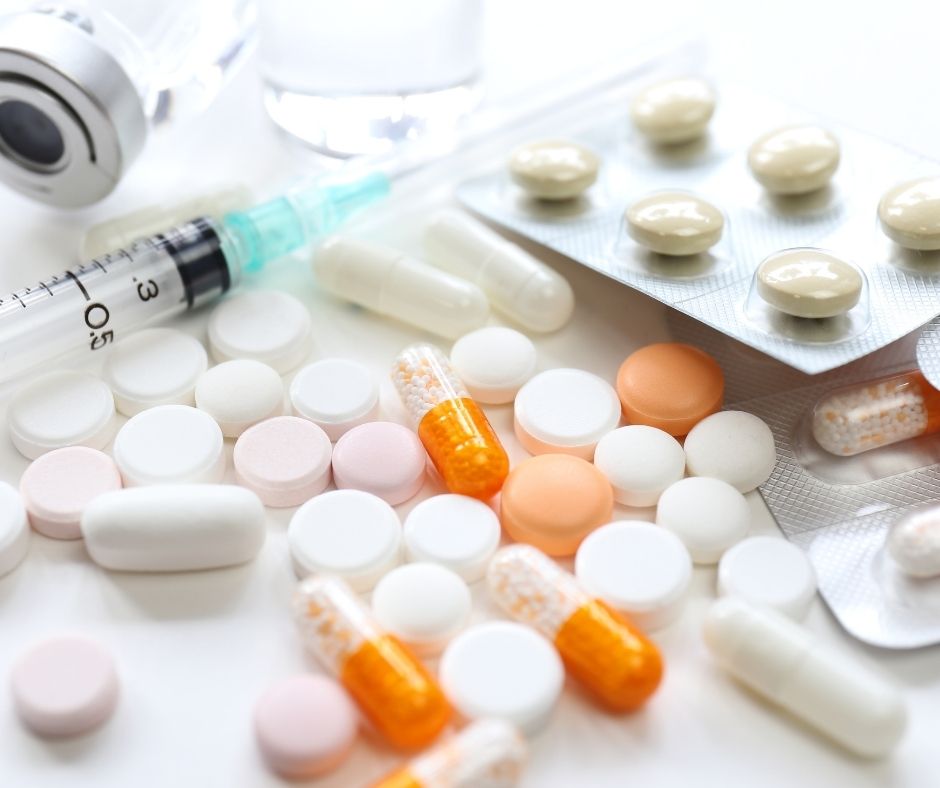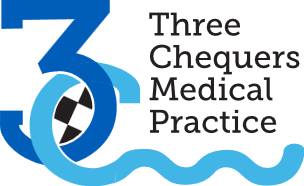Benzodiazepines
Benzodiazepines are medications used as sedatives, to reduce anxiety and feelings of panic. They are increasingly being recognised as both a drug of misuse & associated with harm. As a practice, we often get requests for them to be prescribed to reduce situational anxiety e.g., flying, dental procedures & imaging studies such as MRI or CT scans.
A new practice policy has come into effect so that we will no longer be able to provide these medications for these reasons. This has come after discussion with doctors from the Civil Aviation Authority (CAA), the Local Medicines Committee (LMC) on dental procedures, and Salisbury Hospital’s radiology department.
Regarding flying: The CAA medical team advise against benzodiazepine use for several reasons:
- In the benzodiazepine-naïve patient effectiveness and side-effects are unpredictable
- Concomitant use of alcohol is common to also help control anxiety & this is dangerous
- May impair individual's ability to respond appropriately in the event of an emergency, putting both themselves and crew/other passengers at risk of harm
- Some patients may become confused &/or disruptive, particularly if they also take alcohol, leading to denied boarding or having to be restrained during flight
- On long-haul flights, over-sedation may increase the risk of venous thrombo-embolism because of prolonged immobility
Regarding dental prescriptions: Wessex LMC advises
- Dentists should not direct patients to GPs requesting they prescribe sedating medications, such as diazepam.
- If a dentist wishes to prescribe sedating medications for anxious patients that dentist should be responsible for issuing the prescription. The dental practitioner’s formulary…includes Diazepam Tablets and Oral Soution.
- If the dentist is treating an NHS patient they should use an PF14D form, or privately using a private script.
- Dentists may contact a GP for information or advice, if, for example the patient has a complex medical history.
Regarding imaging procedures: Upon review of the guidance issued by the Royal College of Radiology entitled ‘Sedation, analgesia and anaesthesia in the radiology department’ 2nd edition
- This guidance lists a number of concerning features about the use of these medications and the assessment and monitoring process that must be undertaken both before this procedure, and during the examination.
- Three Chequers GPs have been working with the radiology department to come up with a policy of safe prescribing during 2022 and 2023 and have been unable to reach a position in which a GP can safely prescribe these medications.
- Therefore, any patients requesting sedation for any radiological procedure must go to the consultant or hospital team who has requested the investigation, for them to provide the prescription. This measure has been undertaken to ensure the safety of our patients.

We use cookies to help provide you with the best possible online experience.
By using this site, you agree that we may store and access cookies on your device. Cookie policy.
Cookie settings.
Functional Cookies
Functional Cookies are enabled by default at all times so that we can save your preferences for cookie settings and ensure site works and delivers best experience.
3rd Party Cookies
This website uses Google Analytics to collect anonymous information such as the number of visitors to the site, and the most popular pages.
Keeping this cookie enabled helps us to improve our website.

